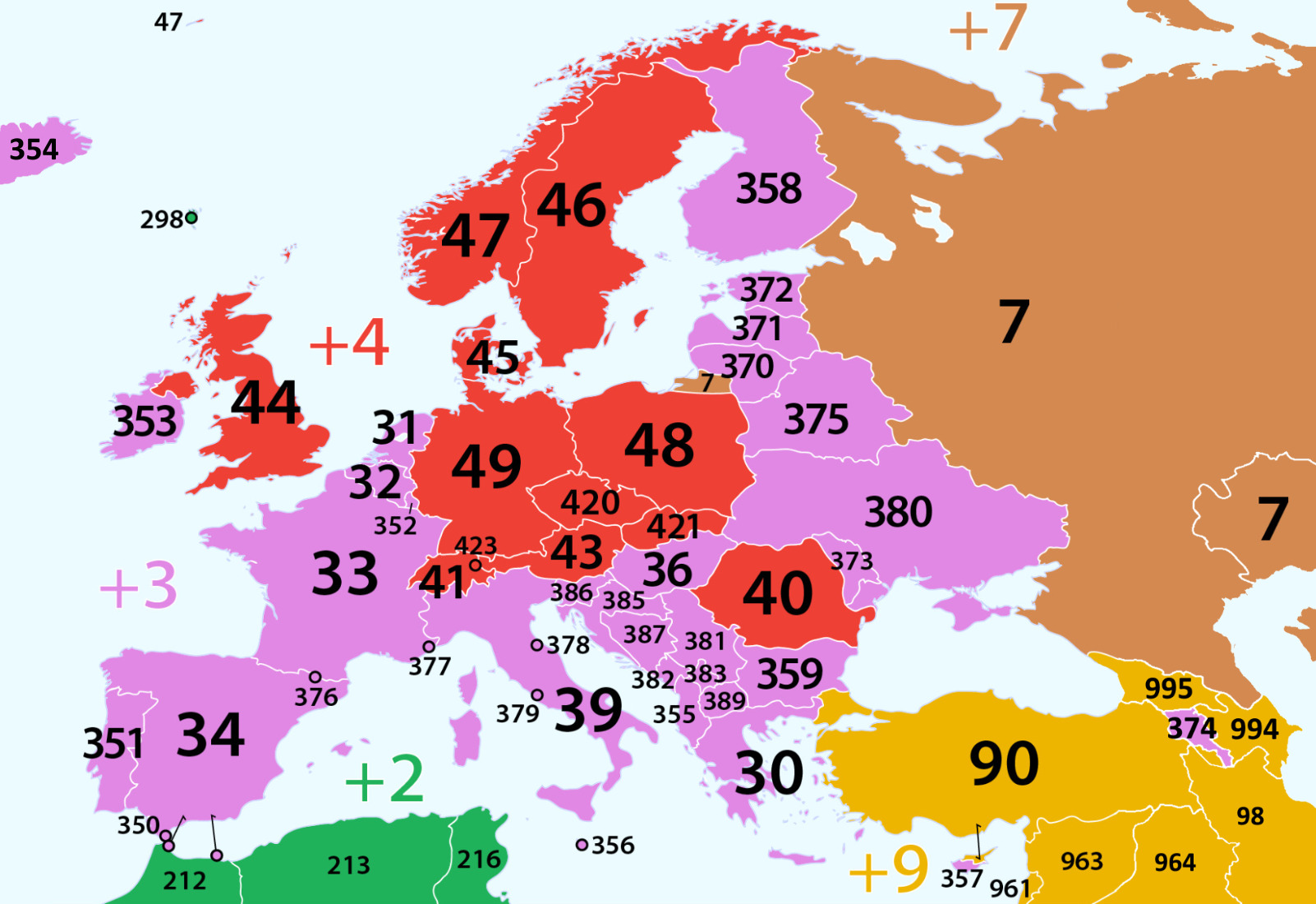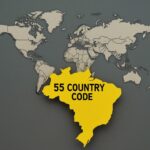The search for the +37 country code leads to a historical footnote in global telecommunications. The international dialing code +37 is currently unassigned and is not in active use by any sovereign country today.
This comprehensive guide, written by a subject-matter expert, will detail the history of the retired +37 code, explain the modern country codes in the similar +37x range (like +370, +375, etc.), and provide crucial consumer tech support information on recognizing potential scams originating from these closely related international numbers.

What is the +37 Country Code?
The direct answer is that +37 is a retired international country code that was previously assigned to East Germany (German Democratic Republic or GDR).
When East and West Germany reunified in 1990, the East German telecommunications system was integrated into the West German system, and the country code for the whole of Germany became +49. The +37 code was officially retired on April 15, 1992, and was officially discontinued by the International Telecommunication Union (ITU).
The Modern +37x Block
Following the retirement of +37, the ITU was able to open up a new block of codes in the +37x range. This block was primarily assigned to several countries in Europe that gained independence following the dissolution of the Soviet Union, who had previously shared the Soviet code of +7.
If you receive a call that appears to be from +37 or a number very close to it, it is virtually certain to be from one of the codes listed in the table below, or potentially part of a scam (discussed further down).
| Country Code | Country / Territory |
| +370 | Lithuania |
| +371 | Latvia |
| +372 | Estonia |
| +373 | Moldova |
| +374 | Armenia |
| +375 | Belarus |
| +376 | Andorra |
| +377 | Monaco |
| +378 | San Marino |
| +379 | Vatican City State (though it commonly uses Italy’s +39) |
Why Am I Receiving Calls from a +37-Range Number?
If you’ve received a missed call or a text message from a number beginning with +370, +371, +372, etc., there are three primary reasons:
- Legitimate Contact
You may be receiving a call or message from a person, business, or organization based in one of the countries listed above. This is the most straightforward explanation, especially if you are expecting international communication.
- Wangiri Scam (One Ring and Hang Up)
The most common and concerning reason is the Wangiri scam. “Wangiri” is Japanese for “one (ring) and cut.”
- How it works: Scammers use automated systems to dial vast numbers of international lines, letting the phone ring only once and immediately hanging up. The goal is to make you see a missed call and prompt you to call back out of curiosity.
- The Trap: The numbers used are often premium-rate numbers, meaning the scammer gets a kickback from the international charges. If you call back, you are immediately connected and kept on the line (often listening to music or a recorded message) while you are billed at a very high international rate.
- Spoofing and Mistaken Identity
While less common, it is possible for a scammer to spoof a number, making the caller ID show a number from the +37x range even if the call originated elsewhere. Furthermore, if the number has a digit missing or added, it may be a case of a mistyped number where someone in one of the +37x countries is genuinely trying to call a different person.
Frequently Asked Questions (FAQ)
Is the +37 country code part of a known scam?
The specific, two-digit +37 code is retired and cannot be dialed directly. However, numbers from the surrounding three-digit codes, such as +375 (Belarus) and +371 (Latvia), are frequently used in the notorious Wangiri missed-call scam due to their international nature and distance from common calling zones.
Should I call back a missed call from a number starting with +37?
No, you should not call back a missed call from an international number you do not recognize. It is a core tenet of consumer tech support and scam prevention. If the call was important and legitimate, the person or organization will usually leave a voicemail, send a follow-up text, or try calling again.
How do I block calls from international country codes?
Most smartphones and mobile providers offer tools to block all international calls:
- Mobile Carrier: Contact your mobile provider and ask them to place a “Block International Calls” feature on your line. This is the most effective defense.
- Smartphone Settings: On some phones, you can enable a setting to automatically silence or block unknown callers, which will often include unlisted international numbers.
- Specific Number Blocking: For individual numbers from the +37x range that repeatedly call you, manually add the number to your phone’s blocked list.
Conclusion
The +37 country code is a piece of telecommunications history, marking the former dialing prefix of East Germany. Today, its legacy lives on in the family of three-digit codes from +370 to +379, which are used by several independent European nations.
For the general public, the key takeaway is a simple one: Treat any missed call from an unfamiliar international number in the +37x range with extreme caution. To protect yourself from premium-rate scams, never return a missed call from a number you don’t recognize. By being aware of the associated risks, you can ensure your mobile device remains a safe and secure communication tool.


